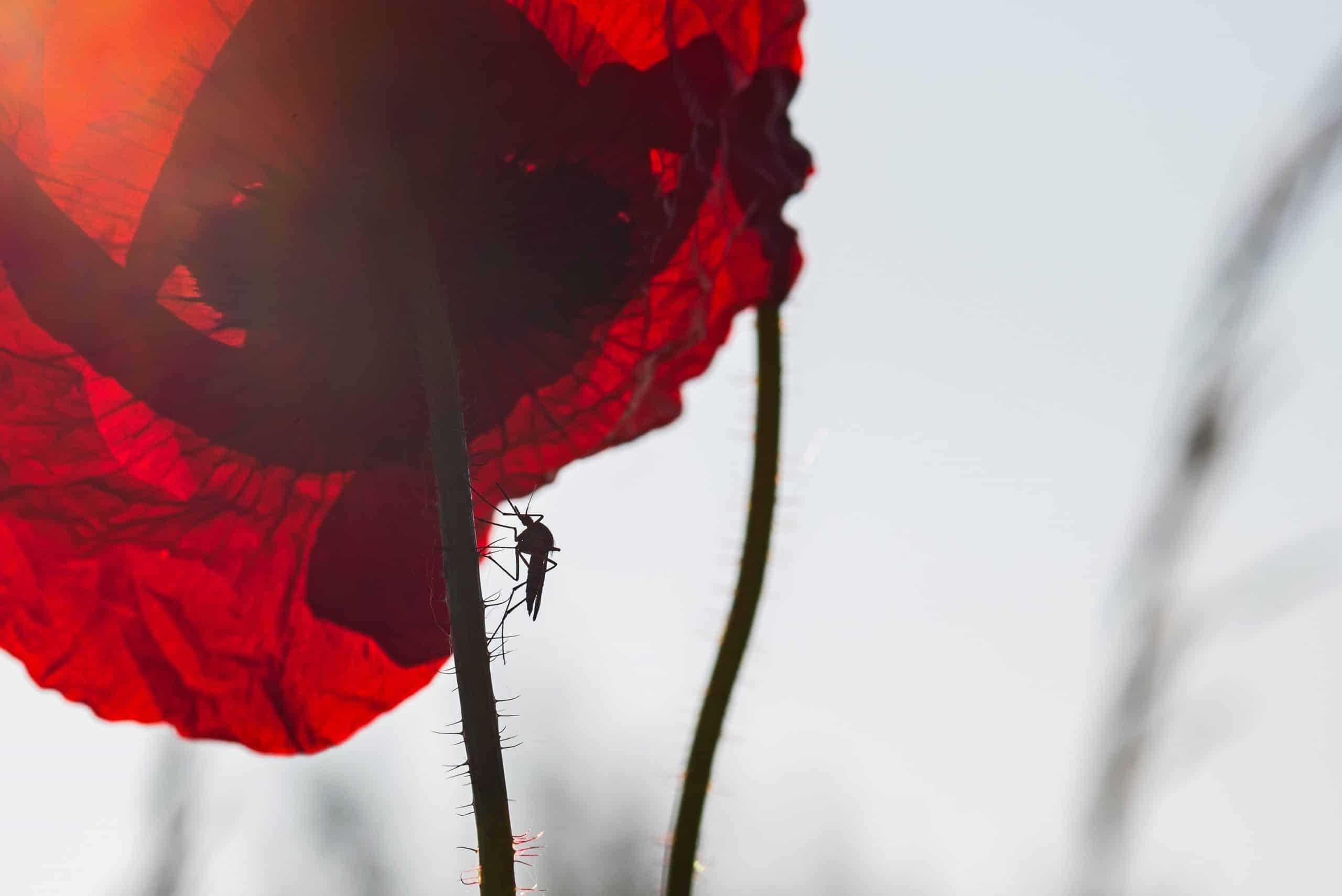On November 17, 2021, Pierre Bellagambi, co-founder of Qista, and Mohamed Fouad Abdo, Director General of ONEAD (National Office for Water and Sanitation in Djibouti), signed a cooperation agreement to deploy Qista‘s mosquito traps in Djibouti.
Since 2020, under the aegis of ONEAD, a range of tests have been carried out on four machines in the heart of the capital, close to ONEAD sites. An additional 60 traps will be delivered before the spring of 2022. Discussions are under way for the delivery of 140 more by 2022, notably near hospitals and schools.
Djibouti is the first African country where anopheles stephensi, a species of malaria-vector mosquito native to Asia, was reported in 2012. The state of Djibouti had 24 confirmed malaria cases in 2012 and 26,000 in 2018. 90% of cases are concentrated in the capital region. Aedes aegypti, which carries chikungunya, is also proliferating.
“When you arrive in a country where mosquitoes wreak havoc and kill, it is very satisfying to be able to offer an additional tool to people committed to saving lives,” Pierre Bellagambi, co-founder of Qista.
This trap captures female mosquitoes, attracting them by simulating the breathing of warm-blooded mammals (using CO² molecules and different types of acids) and then sucking them into the machine. Studies have demonstrated that mosquito bites fell by 88% within 60 meters of the traps.
“It’s a smart system, which counts the mosquitoes it captures in real time. The data are sent to the user and provide an overview of the volume of mosquito populations,” said Pierre Bellagambi. The mosquitoes sucked into the nets are then analyzed to better understand the species present in the region. This solution is also eco-friendly as it complements traditional mosquito control and thus avoids air and soil pollution.
Each trap costs between €1,200 and €3,000 inc. VAT. The most sophisticated traps, like those delivered to Djibouti, are robust, vandal-resistant and fitted with solar panels. To date, Qista has installed 8,000 traps in 18 countries.



